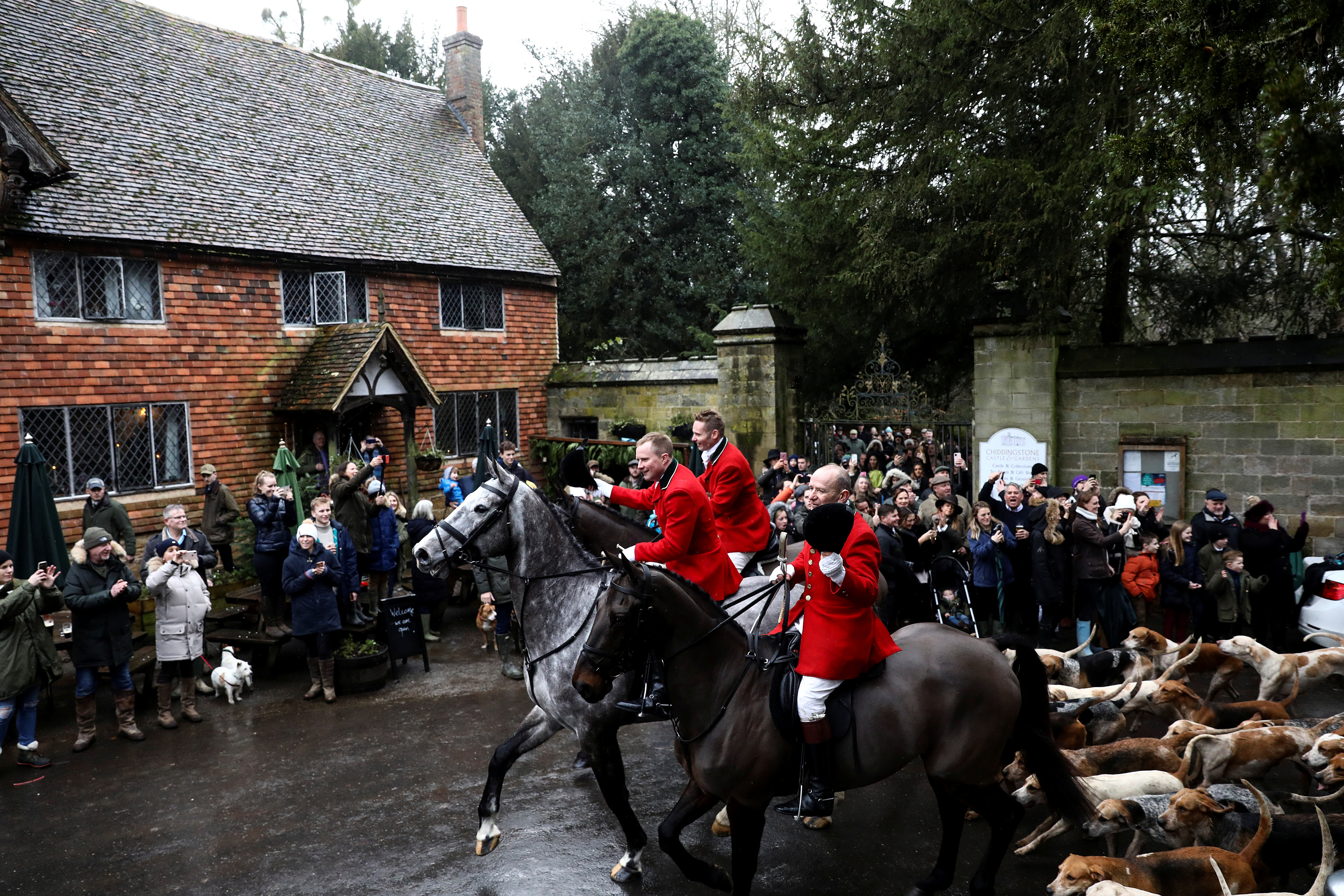Unless you live in places like Canada, Australia or the U.K., you might not know about Boxing Day, but in some parts of the world, the day after Christmas is a holiday, too. Boxing Day's British origins aren't clear, but we can give some definitive answers.
What's Boxing Day all about?
The simple answer is that Boxing Day is a shopping holiday rooted in charity. There are competing legends about how and why it came to be called Boxing Day. One theory is that the affluent and aristocrats would fill boxes with small gifts and give them to their servants. Another explanation suggests the name came from charity boxes which churches would fill with gifts on Christmas Day and then give out to the needy the next day.

Shoppers on Oxford Street during Boxing Day sales in central London, Britain, December 26, 2019. REUTERS/Henry Nicholls
Shoppers on Oxford Street during Boxing Day sales in central London, Britain, December 26, 2019. REUTERS/Henry Nicholls
When did Boxing Day begin?
The tradition goes back to Victorian times where servants, who had to work taking care of their masters on Christmas, were given the following day off. The practice became recognized as an official U.K. holiday in 1871.
What is Boxing Day now?
Boxing Day has become a massive after-Christmas shopping day, with sports and family feasts seen as regular staples in many parts of the world. In Britain, fox hunting has been a tradition. Even after the sport was banned in 2004, many modified forms of hunting are still organized.

Members of the Old Surrey Burstow and West Kent Hunt ride during the annual Boxing Day hunt in Chiddingstone, Britain December 26, 2019. REUTERS/Simon Dawson
Members of the Old Surrey Burstow and West Kent Hunt ride during the annual Boxing Day hunt in Chiddingstone, Britain December 26, 2019. REUTERS/Simon Dawson